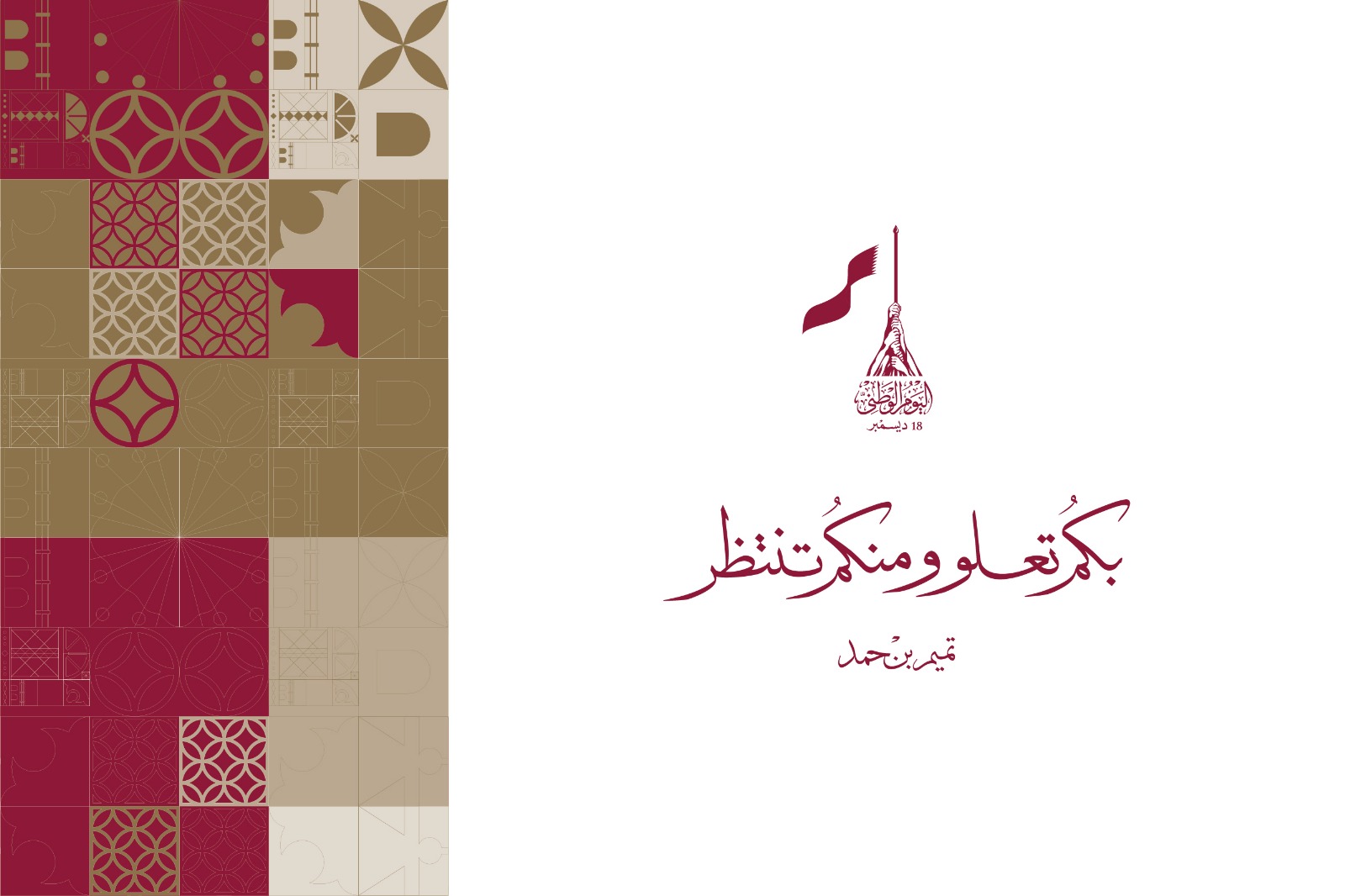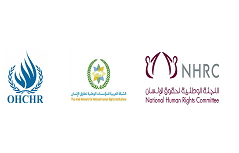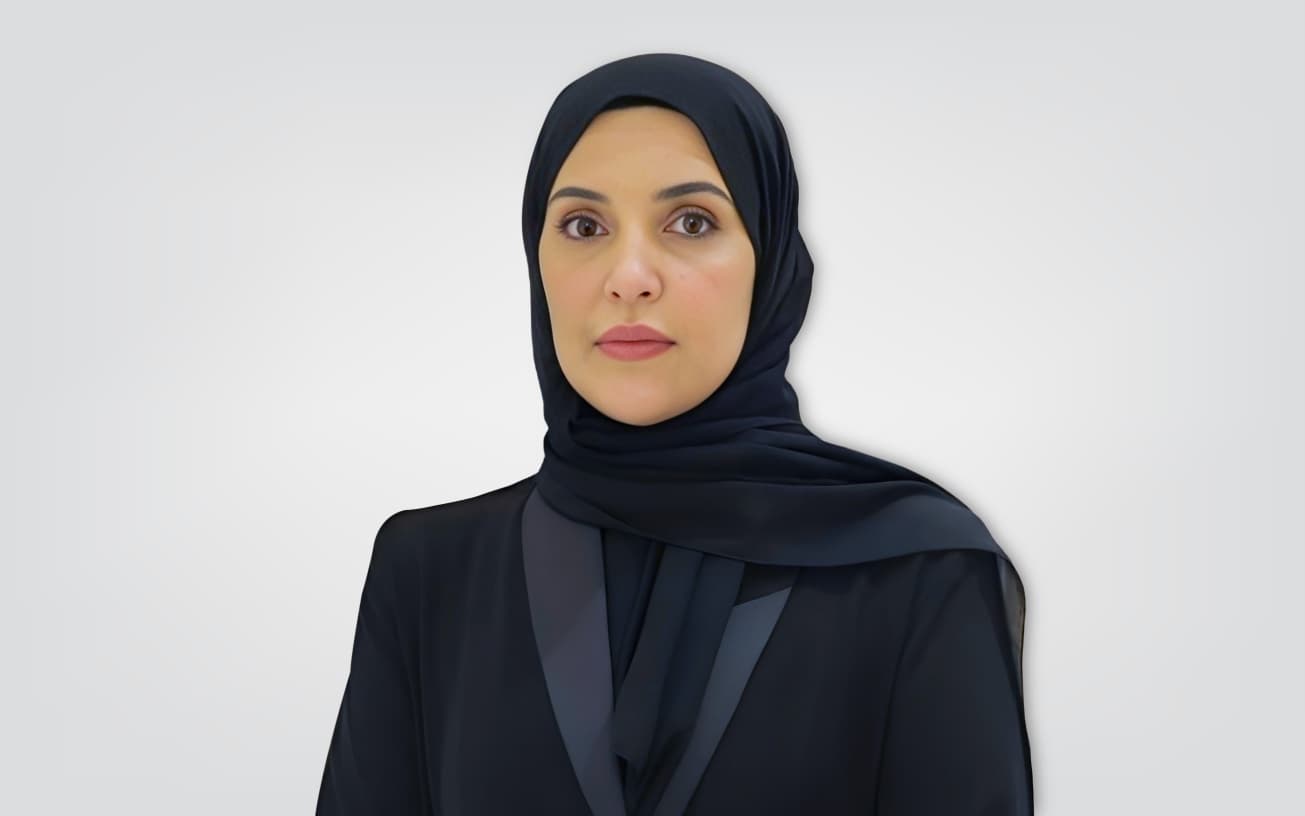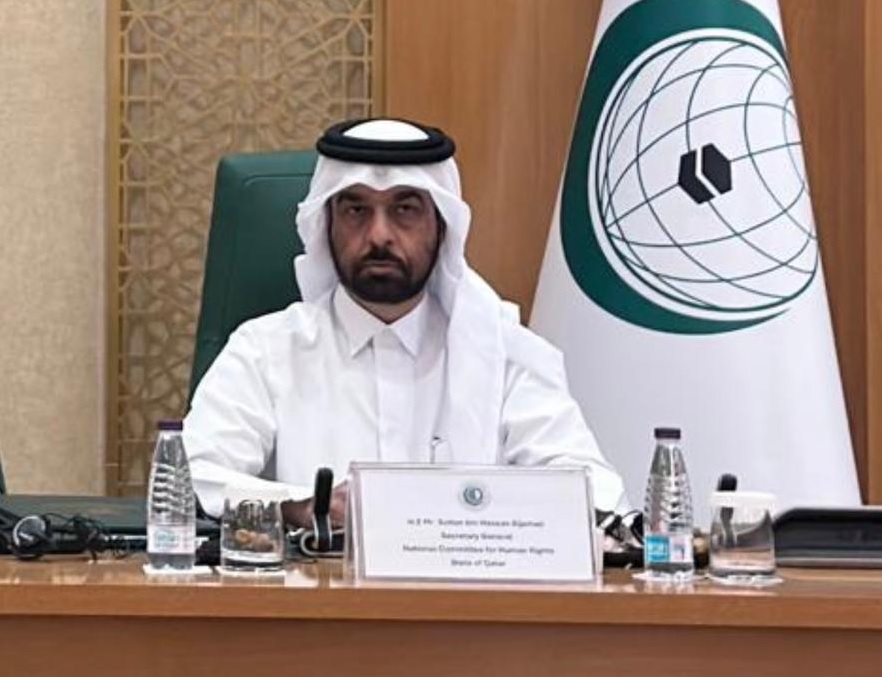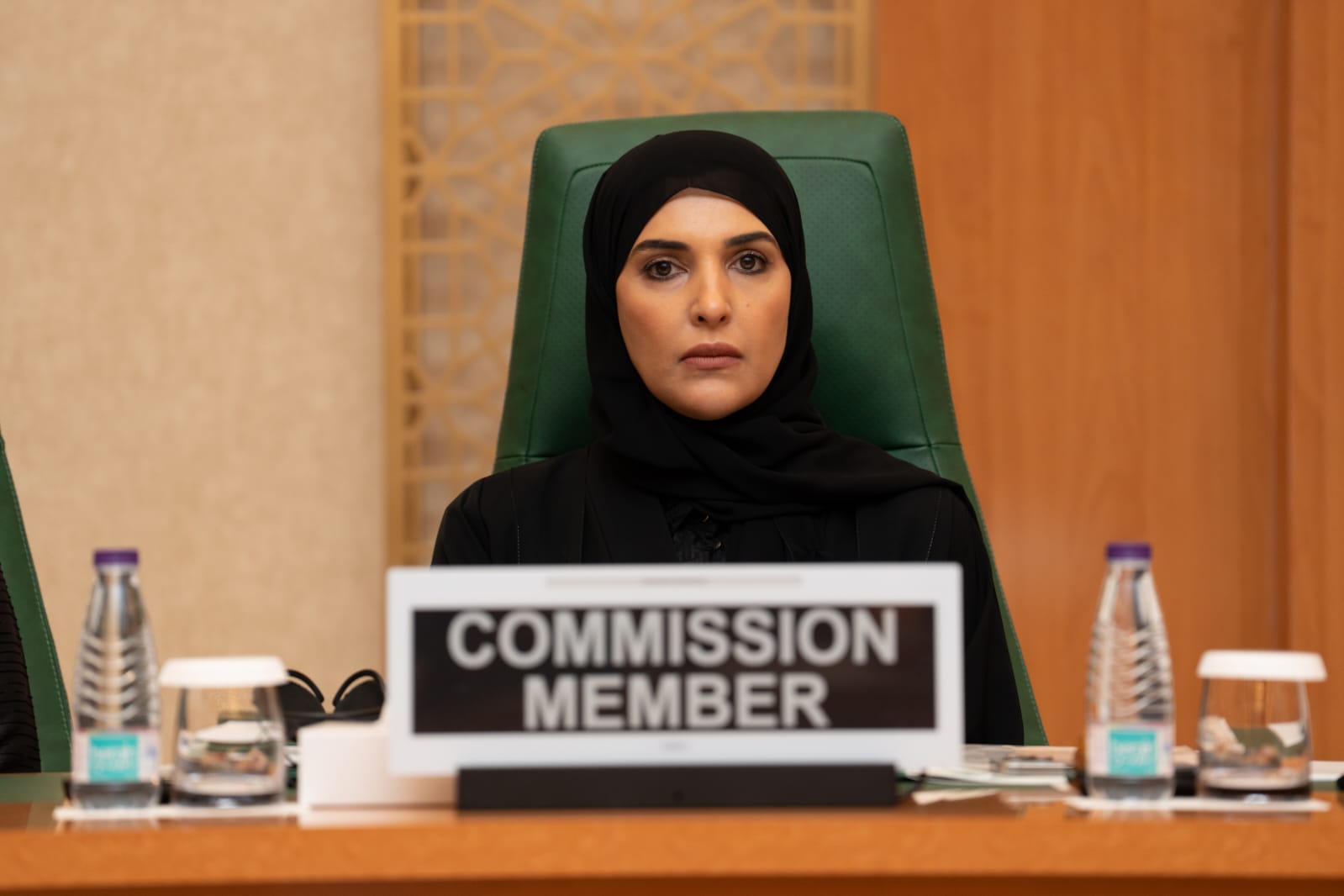الرجوع الى الأخبار
Under the patronage of HH Sheikh Abdullah Bin Nasser Bin Khalifa Al-Thani, Prime Minister and Minister of Interior, "International conference on Human rights- based approach to conflict situations in the Arab region" Sheraton Doha Hotel
Under the patronage of His Excellency Sheikh Abdullah Bin Nasser Bin Khalifa Al-Thani, Prime Minister and Minister of Interior, the National Human Rights Committee of the State of Qatar and the High Commissioner for Human Rights organize the "International conference on Human rights- based approach to conflict situations in the Arab region", in Sheraton Doha Hotel during the period from 20 to 21 February, 2017, In collaboration with the General Secretariat of the Council of Arab Interior Ministers and the Arab Network for National Human Rights Institutions and under honorary sponsorship of the Cooperation Council for the Arab States of the Gulf, Arab Maghreb Union and the Arab Parliament.
The Conference will bring together 220 participants including government officials, representatives from United Nations peacekeeping missions, international, regional government and non-governmental organizations, and human rights institutions, policy researchers, experts from treaty bodies, UN special rapporteurs, and representatives from offices of the High commissioner for Human Rights in the Arab region.
Ms. Maryam bint Abdullah Al-Attiyah, Secretary-General of NHRC stated that The conference aims to promote the Human rights approach in addressing conflict situations and crises, identify human rights- based early warning mechanisms, promote platforms for dialogue with a view to preventing crises situations from degenerating into armed conflicts, provide redress for addressing human rights concerns, develop comprehensive and inclusive human rights-based post-conflict strategies, and map good practices and emerging initiatives in the area of cooperation between international human rights mechanisms, peacekeeping missions and civil society; pointing out that several working papers shall be presented at all sessions and workshops; The Conference will be delivered in 2 languages (Arabic and English) and interpretation will also be provided.
Al Attiyah said that the conference will be divided into two parts, the first part is dedicated to Interactive Debates including interactive dialogue on the integration of policies and human rights strategies in the global United Nations strategies on tackling extremism, anti-terrorism, and peace keeping processes. The first day of the conference will discuss Respecting Human Rights As a Preventive Approach and Assessing Human Rights Violations in Conflict Situations from NGO’s perspective. Al-Attiyah said: The second part will consist of four working groups on the integration of human rights-based tools and mechanisms in the processes of conflict prevention, coordination of the joint efforts of the United Nations, national human rights institutions and civil society in dealing with conflict situations, analysis of the impact of conflict on human rights, implementation of the peace agreements, and reforms based on human rights. Working groups will also discuss "Protection of Women Children and Minorities in Conflict Situation", and the impact of armed conflict on the enjoyment of the right to education.
Al Attiyah added that is the idea of organizing this international conference on this important theme comes as a result of the events that began in 2011 in the Middle East and North Africa overlapping armed conflicts in which a number of simultaneous and overlapping armed conflicts have shaken the regions status quo, exacerbated internal and regional divisions and profoundly worsened the overall level of violence. In the face of such dramatic developments, it is timely and important for regional bodies, governmental and nongovernmental bodies and conflicting parties, to come together around basic human rights norms and develop a regional approach to prevention and management of conflict situations.
Al Attiyah added, In a conflict situation, international human rights law and international humanitarian law share the goal of preserving the dignity and humanity of all. Noting that The Security Council, the General Assembly, the Commission on Human Rights and, more recently, the Human Rights Council have clearly stated that in armed conflict, parties to the conflict have legally binding obligations concerning the rights of persons affected by the conflict, where International human rights law protects people at all times, whether during peacetime or conflict, while international humanitarian law operates during periods of armed conflict and provides specific protection to civilians and persons no longer participating directly in hostilities and active participants in the conflict.
Al Attiyah stressed that Indeed, as has been recognized by international and regional courts, as well as by United Nations organs, treaty bodies and human rights special procedures, both bodies of law apply to situations of armed conflict and provide complementary and mutually reinforcing protection.
Al Attiyah commended the cooperation between NHRC and the High Commissioner for Human Rights Over the past five years, which resulted in organizing annual large-scale conferences, The theme of the 2015 conference was human rights and security challenges in the Arab region, with an overall objective of discussing the relationship between maintaining security and respect for human rights while considering the basic responsibilities of the states. The 2016 conference provided the opportunity to discuss the role of OHCHR in the Arab region. Participants made a number of recommendations addressed to OHCHR and other UN agencies, governments, national human rights organizations and civil society.
الصور


